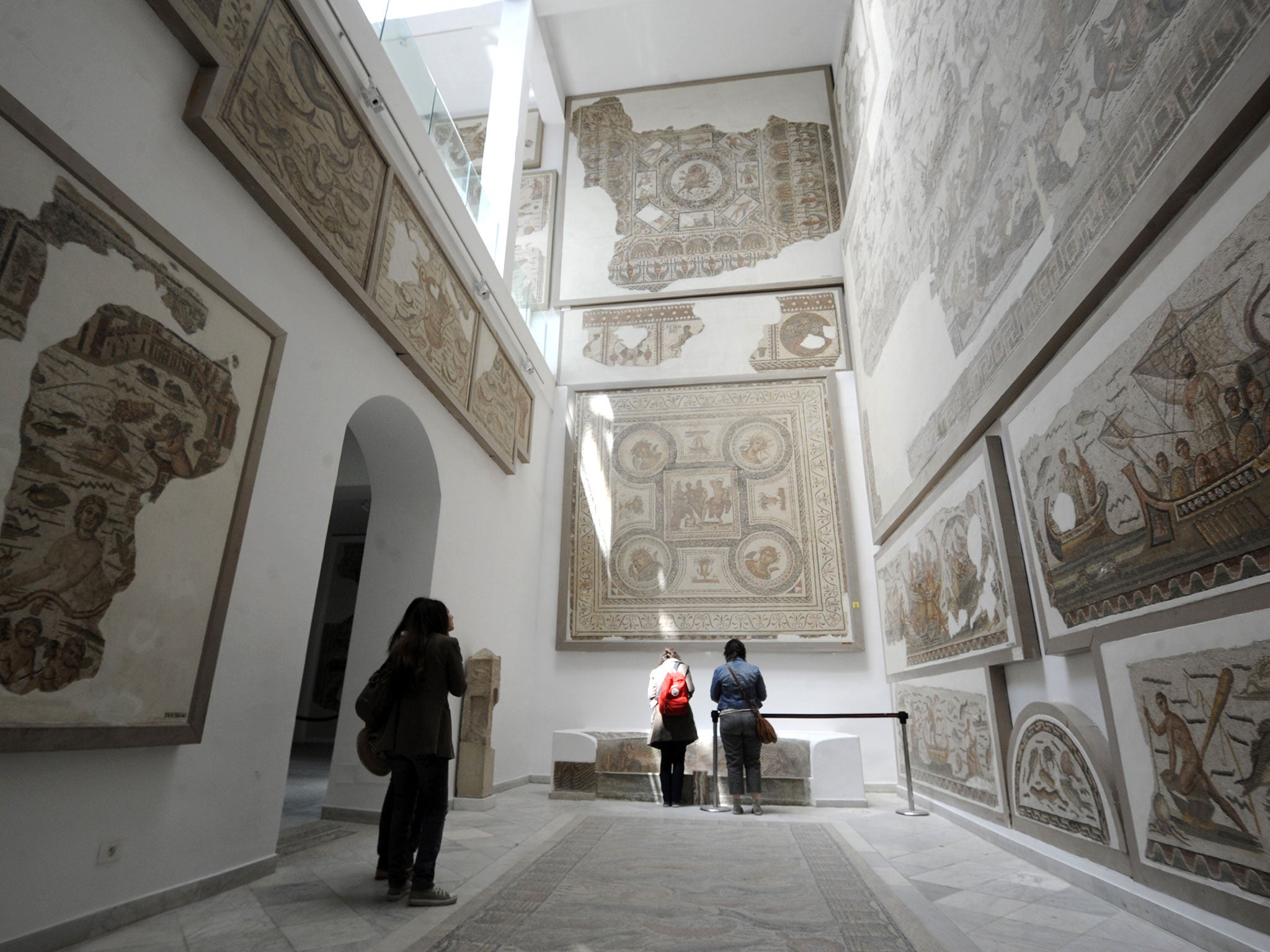Tunis attack: Foreign Office urges British travellers to avoid Bardo Museum
At least seven tourists were killed in a shooting today

Your support helps us to tell the story
From reproductive rights to climate change to Big Tech, The Independent is on the ground when the story is developing. Whether it's investigating the financials of Elon Musk's pro-Trump PAC or producing our latest documentary, 'The A Word', which shines a light on the American women fighting for reproductive rights, we know how important it is to parse out the facts from the messaging.
At such a critical moment in US history, we need reporters on the ground. Your donation allows us to keep sending journalists to speak to both sides of the story.
The Independent is trusted by Americans across the entire political spectrum. And unlike many other quality news outlets, we choose not to lock Americans out of our reporting and analysis with paywalls. We believe quality journalism should be available to everyone, paid for by those who can afford it.
Your support makes all the difference.The Foreign Office is warning British travellers to avoid the area around the Bardo Museum in Tunis, following reports that at least seven tourists and one Tunisian had been killed by gunmen. There are unconfirmed reports that tourists from several European countries have been taken hostage.
The advice issued this afternoon urged tourists to “follow the instructions of the Tunisian security authorities”.
The museum is the capital’s leading tourist attraction, and on the itinerary of almost every cultural visitor to Tunisia. It re-opened to the public two years ago, after a long project to restore the palace and present the finest mosaics in the Mediterranean in a better light.
The name is a corruption of the Spanish word, prado, meaning "meadow". In the 19th century it was the official residence of the beys (rulers), but it is now Le Musée National du Bardo.
The location is in a normally quiet area of western Tunis, adjacent to the parliament building. Deputies were discussing anti-terror legislation at the time of the attack.
Tunisia was where the “Arab Spring” began four years ago, and from a tourist’s perspective it has remained largely safe since the January 2011 uprising that toppled President Ben Ali. British holidaymakers were initially airlifted out, but Foreign Office warnings were soon eased. It currently warns against travel to the area near the Libyan border and crossing points to Algeria, the rest of the country has been regarded as safe.
Whatever the motive for the attack, the timing means that it will prove immensely damaging to tourism in Tunisia, with many prospective visitors be deterred by the attack.
Last year 425,000 British travellers visited the country. Past experience suggests it is unlikely the Foreign Office will warn against travel to tourist areas on the basis of one attack, which means holidaymakers cannot cancel without penalty. But it is possible that tour operators may decide to pull out of Tunisia - as Thomson and First Choice did last year from Kenya.
Join our commenting forum
Join thought-provoking conversations, follow other Independent readers and see their replies
Comments